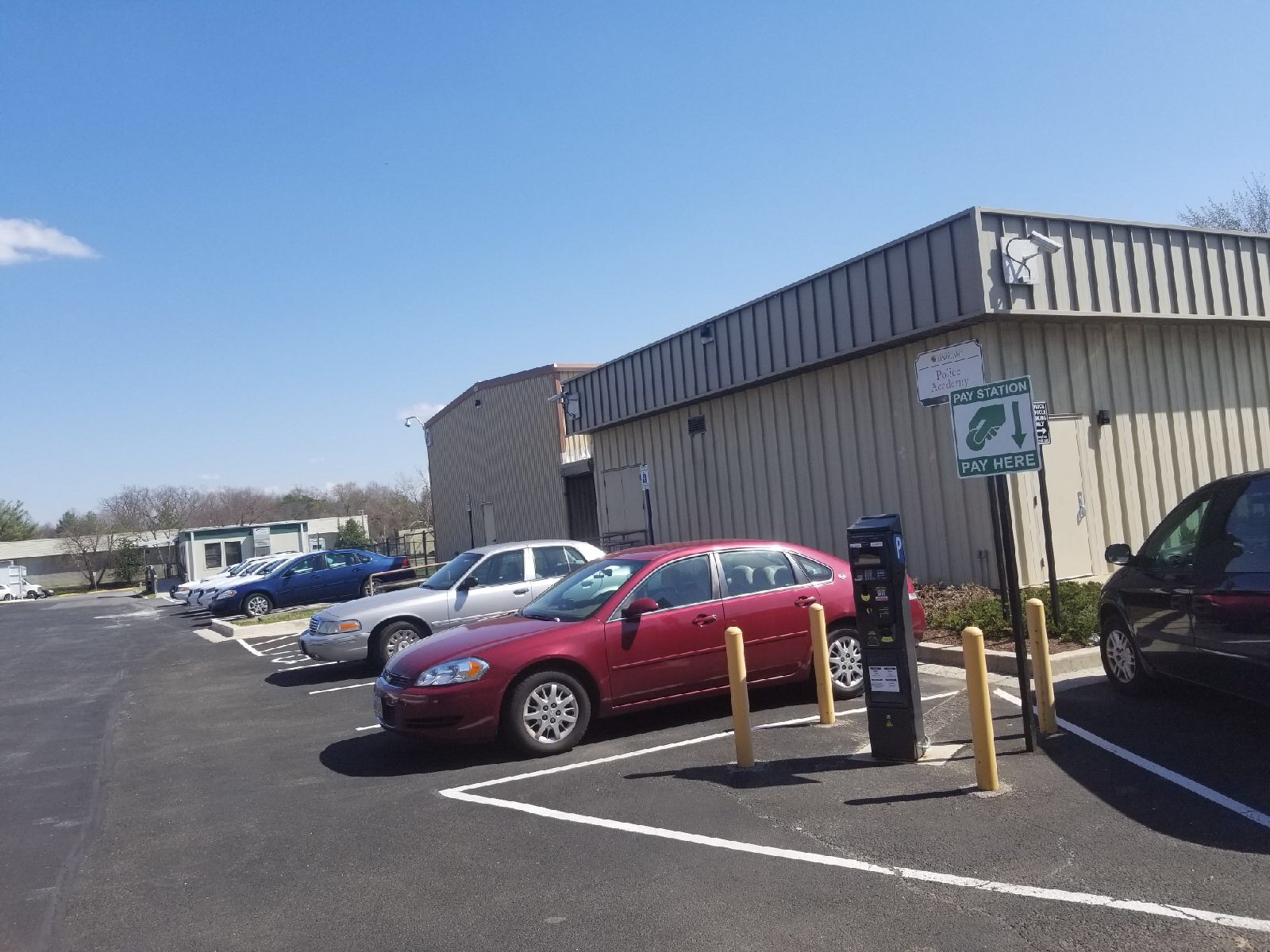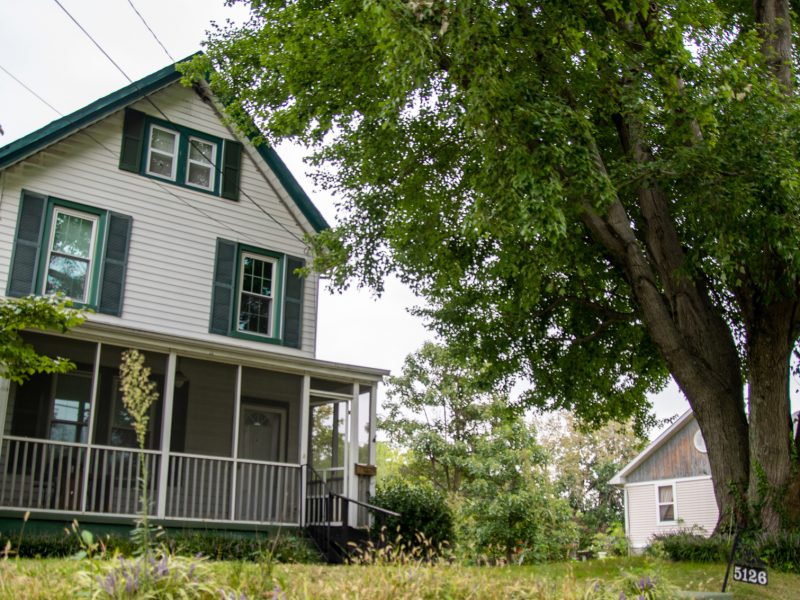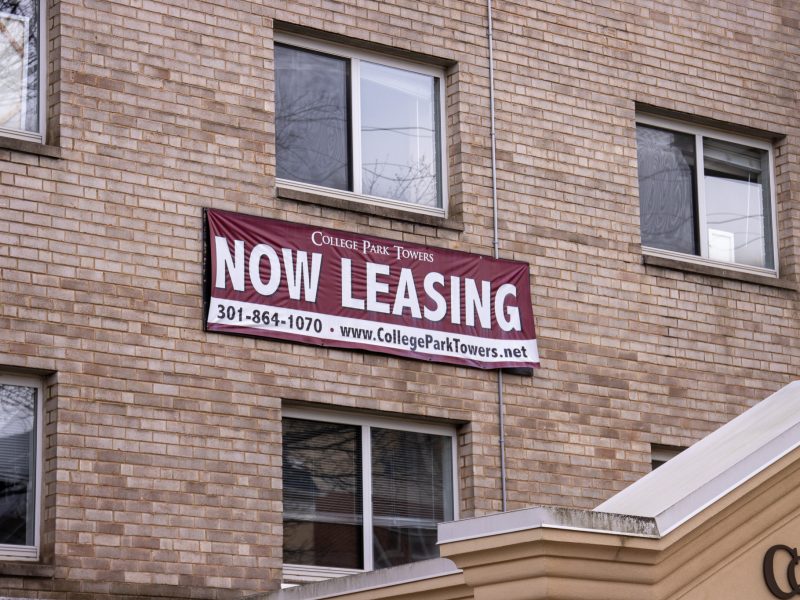On a quiet road branching off Campus Drive sits the only certified university police academy in Maryland.
The University of Maryland Public Safety Academy is a small, rectangular building, with three classrooms, a break room, a matted gym, a weight room and some administration offices. It’s one of the 16 academies in the state certified by the Maryland Police Training Commission.
Since its inception in 1975, the academy has served to give recruits “the tools they need to build” into certified police officers, said Capt. Joanne Ardovini, the academy’s director.
“We realize that when somebody starts the academy, that they are not a police officer yet,” Ardovini said. “Our job, and our commitment to them and the community, is that we are going to give them all the tools that they need [to be one].”
[Read more: Prince George’s County Police are getting new implicit bias training]
To work toward that commitment, the academy trains new recruits for nearly seven months or 1,100 hours for each session, or class of recruits — far more than the 750-hour minimum set by the training commission, Ardovini said. The current session of recruits that began training a few months ago is set to graduate June 29.
Ardovini said the initial process starts a few months before the next session begins, as the academy works with University Police to vet and hire new recruits. Nearly all of the department’s recruits go to the academy, while a few from other departments in the surrounding area sometimes send their own hires. They collect roughly 16 recruits for each session.
Sgt. Shawn Brown, an instructor at the academy since 2009, said this small number allows for more “one-on-one instruction.”
“There really is more face-to-face interaction,” Brown said. “In bigger academies, like Prince George’s County or Baltimore City, you have classes of, like, 55 people.”
When the session begins, recruits are essentially working full-time jobs and are paid by their departments to train, so there is a lot of pressure to perform well, Ardovini said. The recruits spend eight hours a day, five days a week at the academy. They also devote additional time at home to studying for weekly exams, which they must pass with a 70 percent or higher, or risk getting booted from the academy.
The recruits take college-level classes — such as criminal law, traffic law and report writing/grammar — and have to undergo strict physical training, which can take a toll on some of the recruits who are not police officers yet, Ardovini said.
“You’re putting in a lot of blood, sweat and tears,” Ardovini said. “It really is a very intensive program — because it should be. If you are going to be a police officer, you need to be well-trained.”
Brown said recruits learn to work together to pass these physical and mental exams by working in study groups and lending help where others struggle.
“The main goal is that everyone works together as a team,” he said. “Everyone works together as one cohesive unit.”
[Read more: Soon you’ll be able to text 911 in Maryland]
Recruits struggle most during the proficiency portions of the academy, Brown said. The specialized programs, like the driving and firearm training blocks, which recruits devote entire weeks to, require weekly assessments and objectives they must pass with at least a 70 percent. But at this academy, those who lag behind are usually given extra attention, because of its small size, Brown said.
Still, Ardovini said most end up passing, which can be a very rewarding experience for the recruits, and especially so for their families on graduation day, a big ceremony much “like a college graduation.”
“It’s not just you that is in this profession — it’s [also] your family, because you’re missing important family holidays,” Ardovini said. “Your accomplishments are your families’ accomplishments.”



